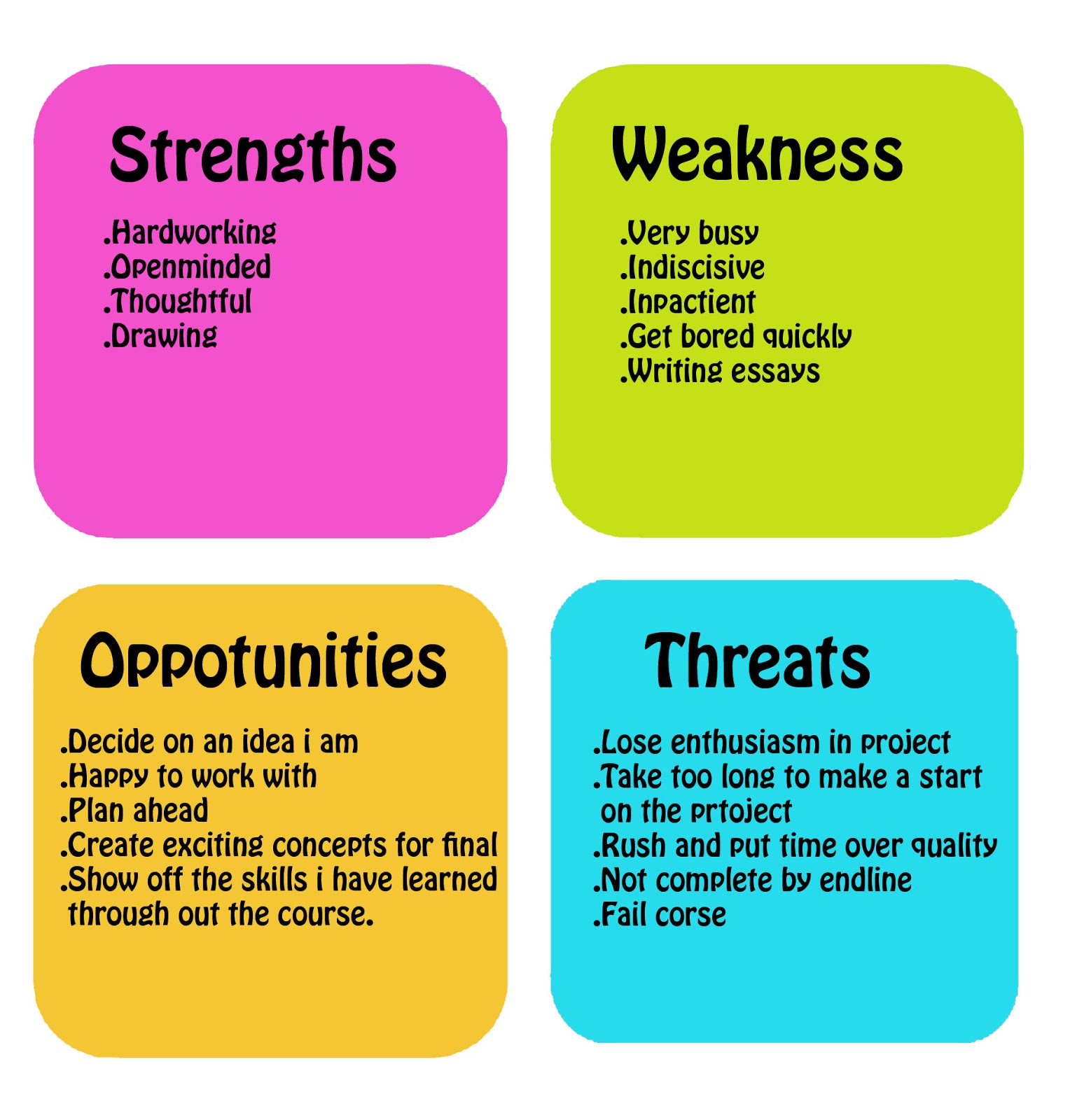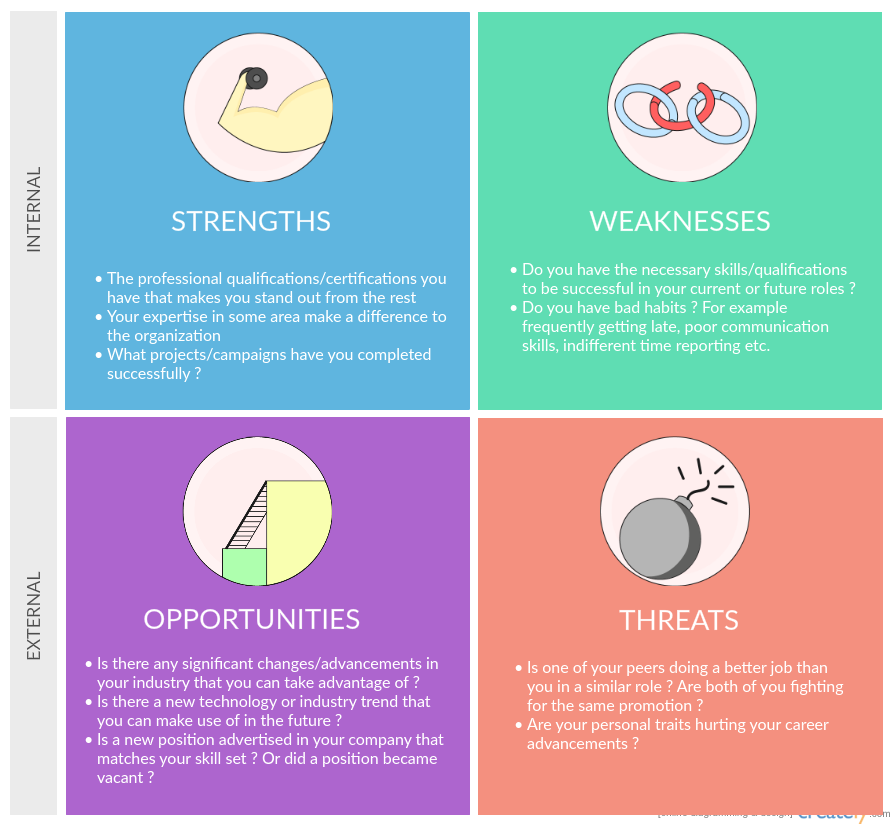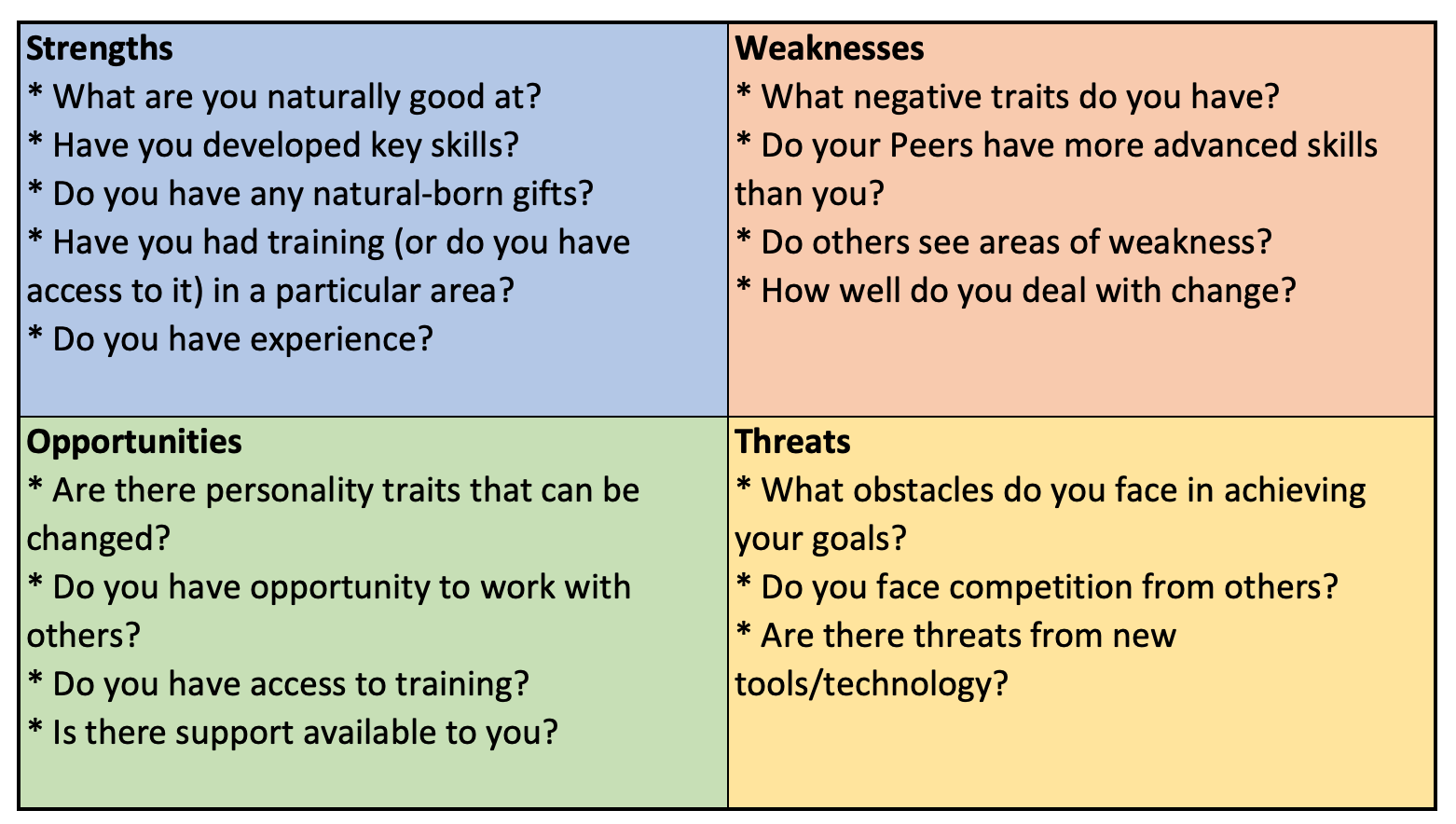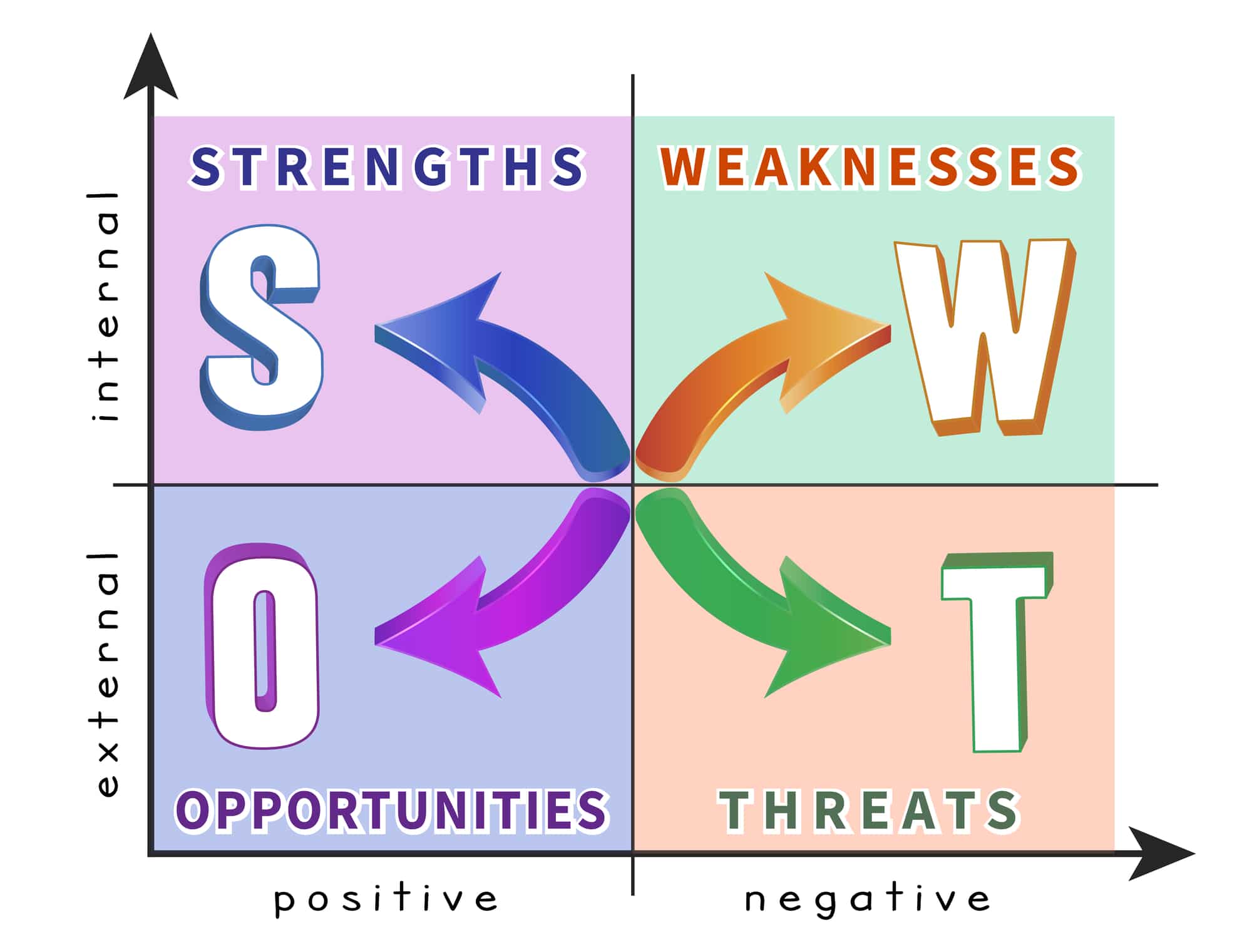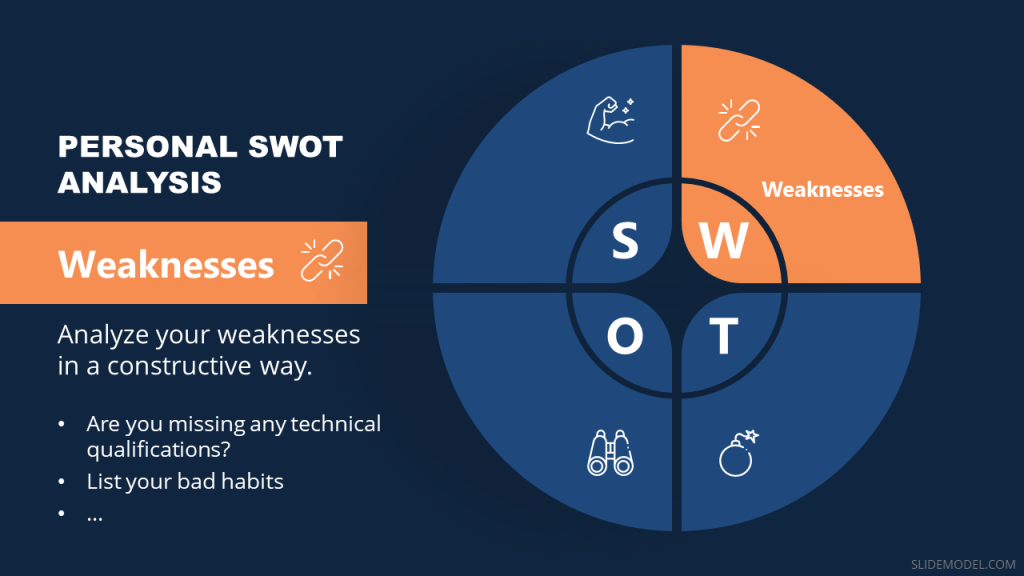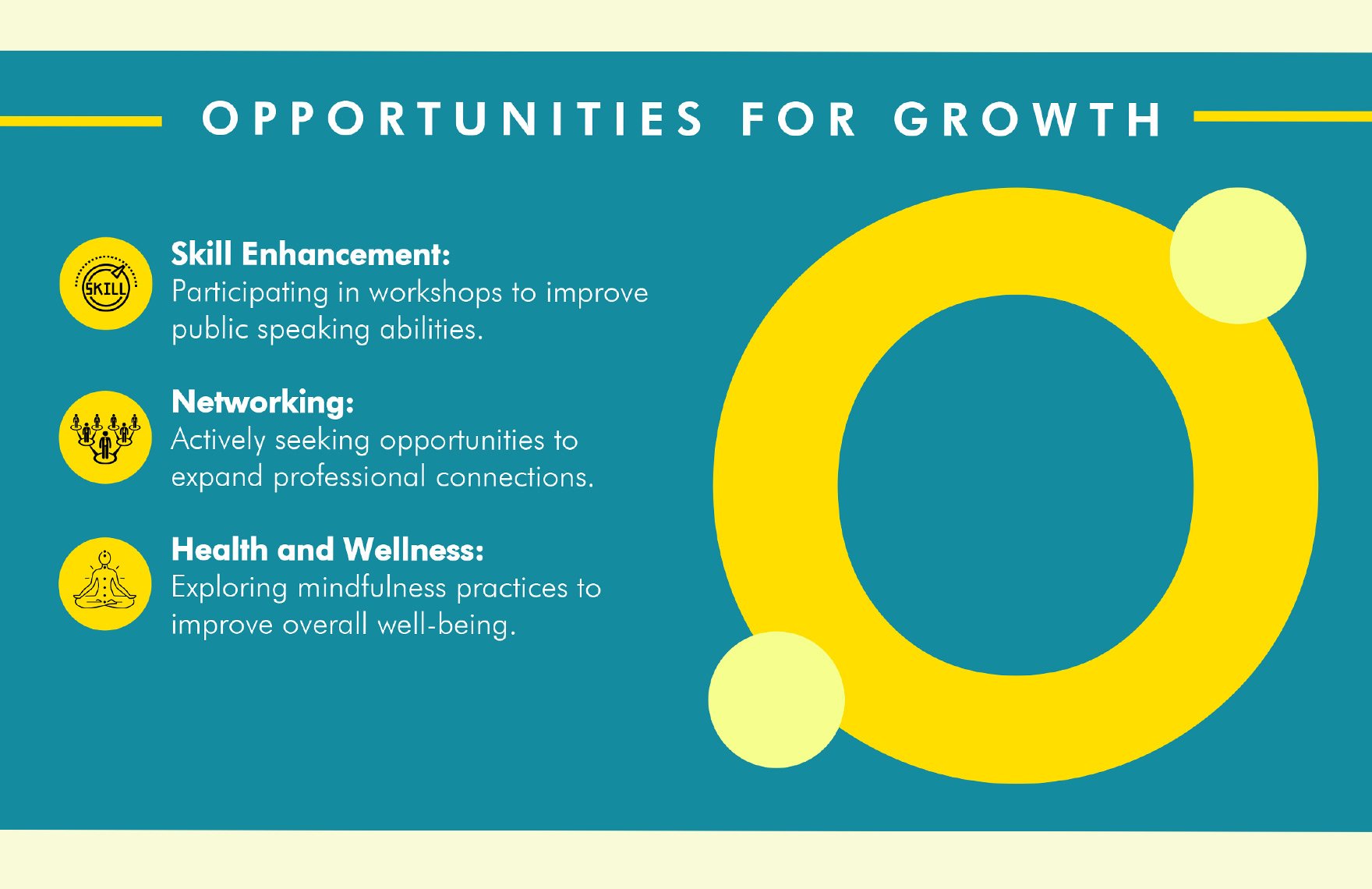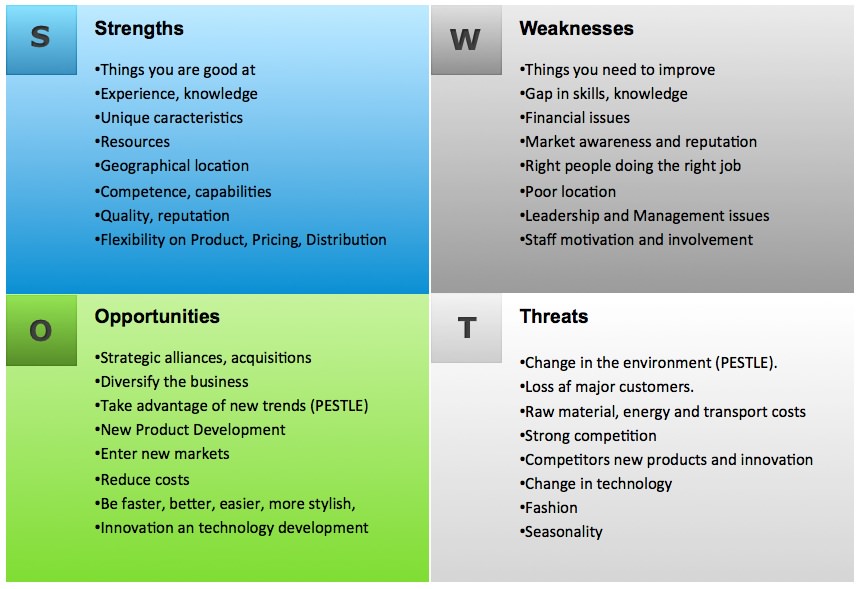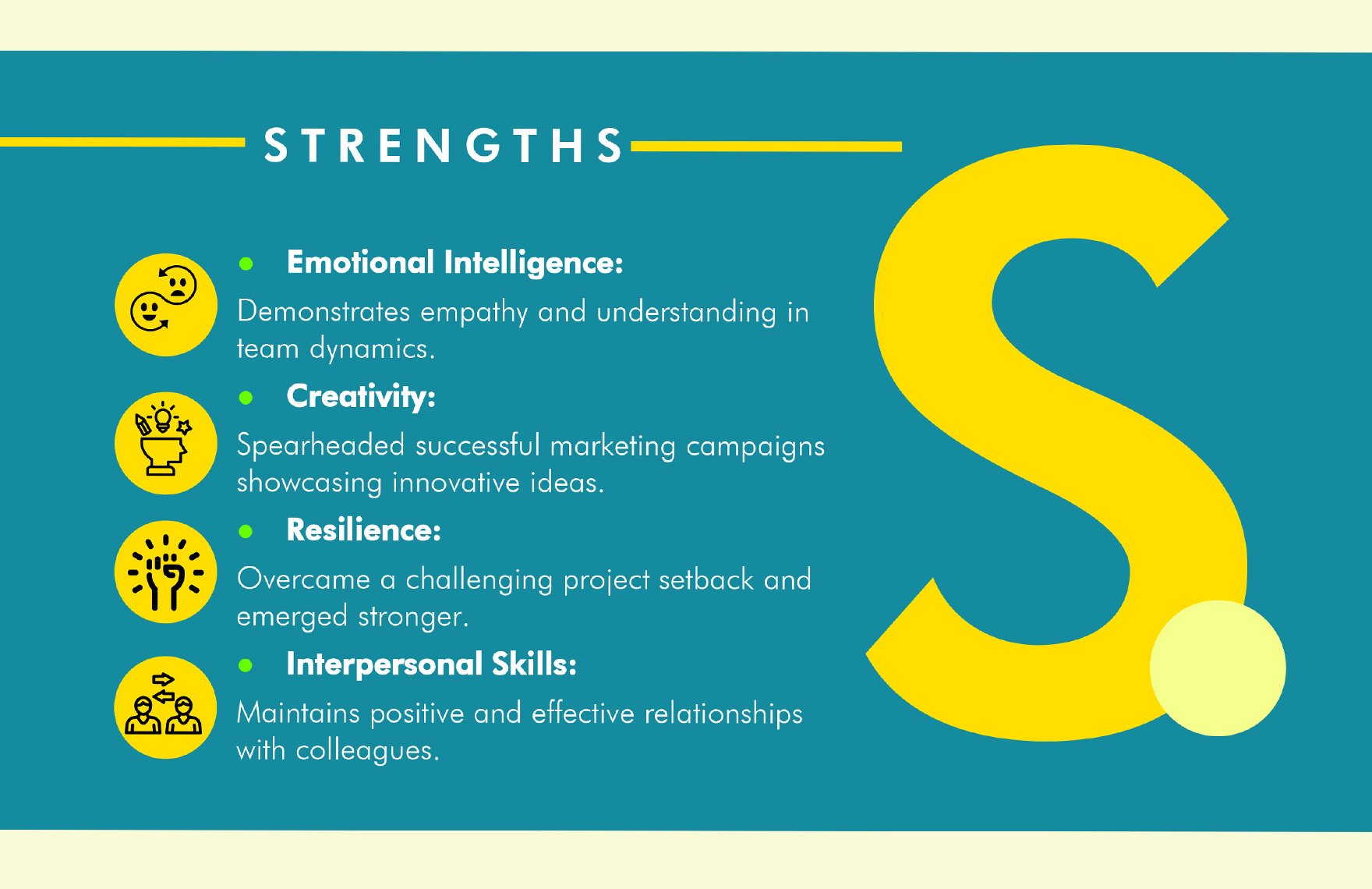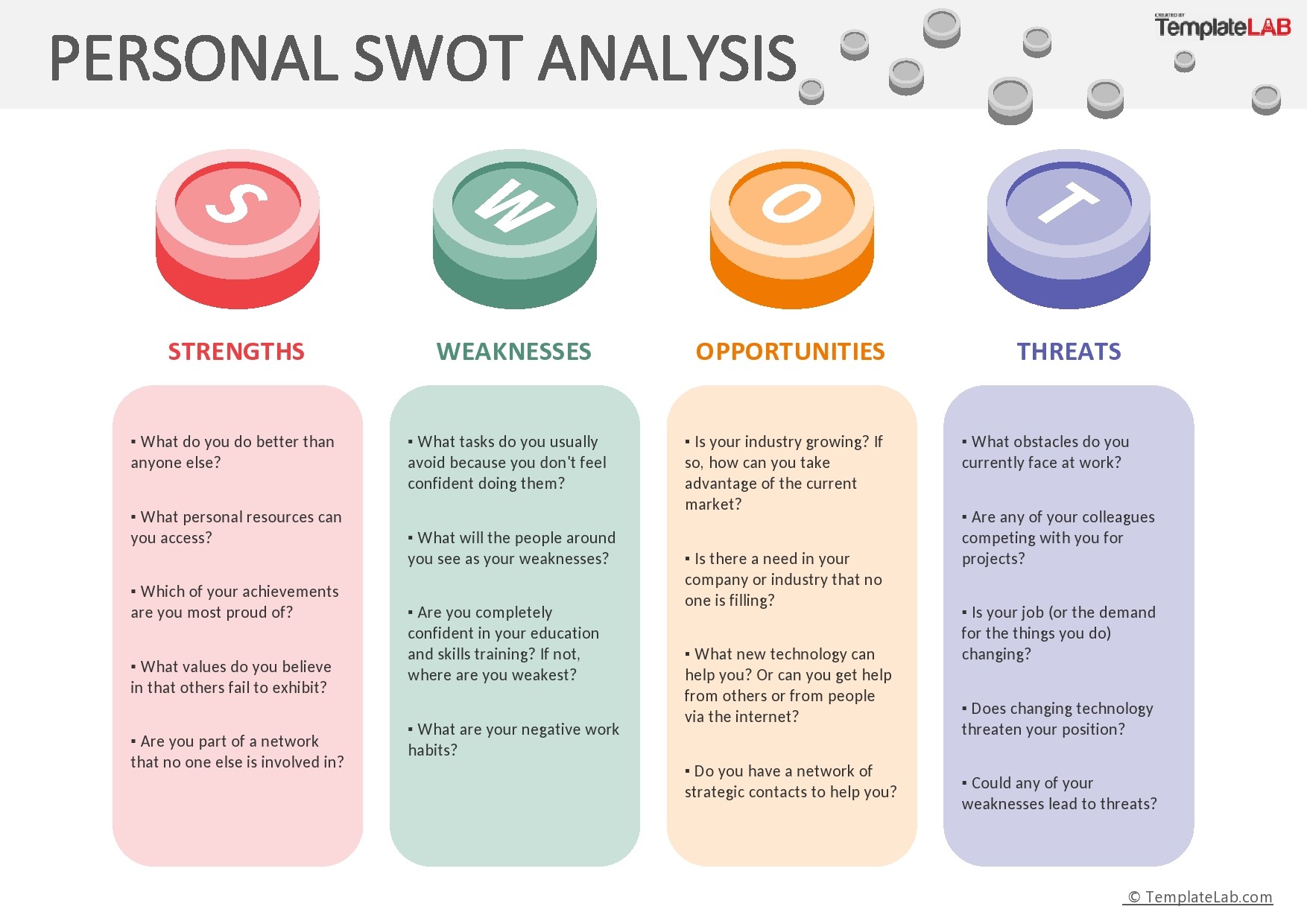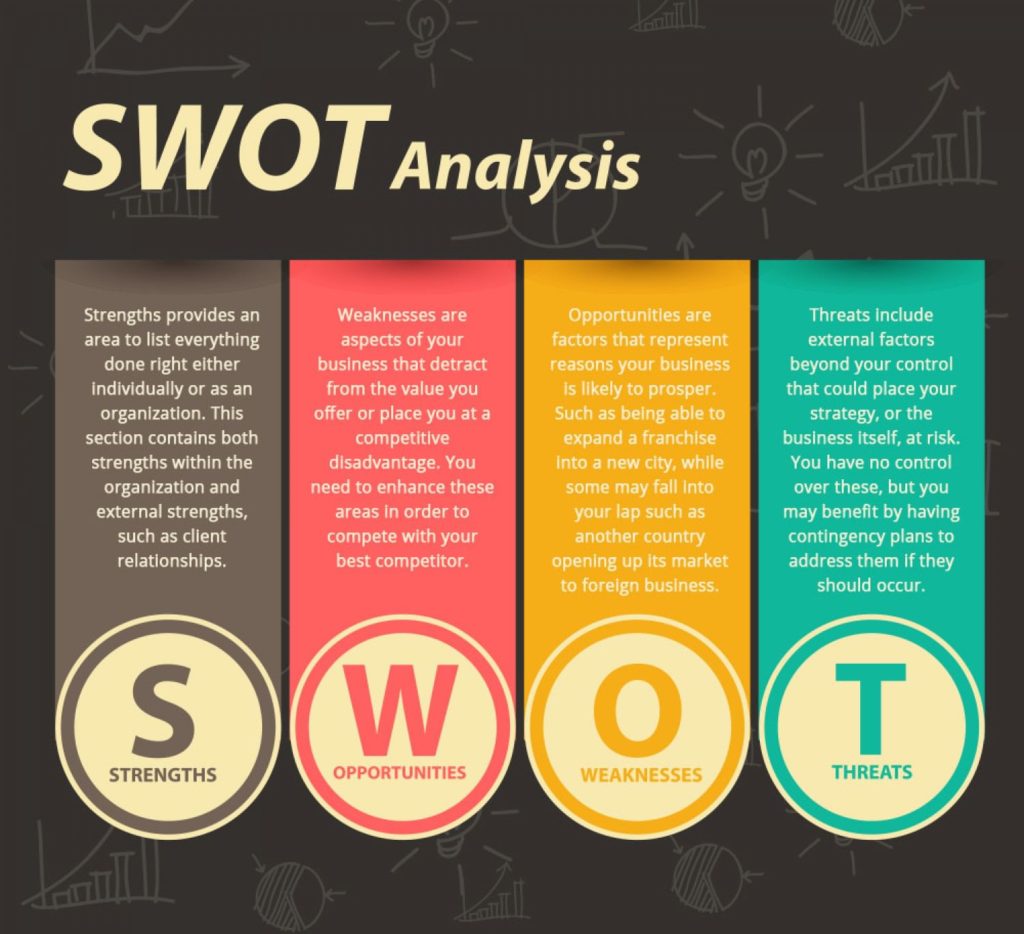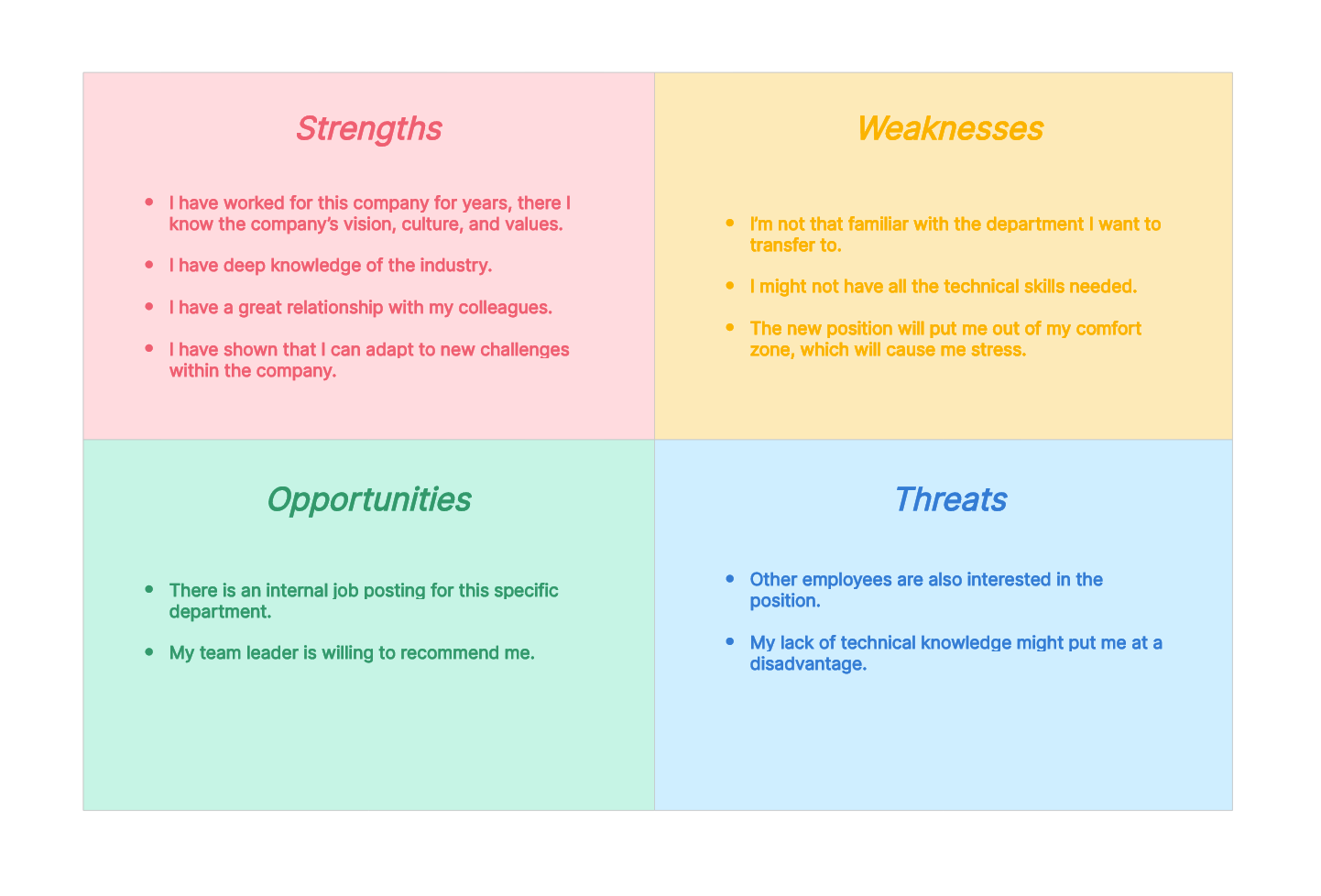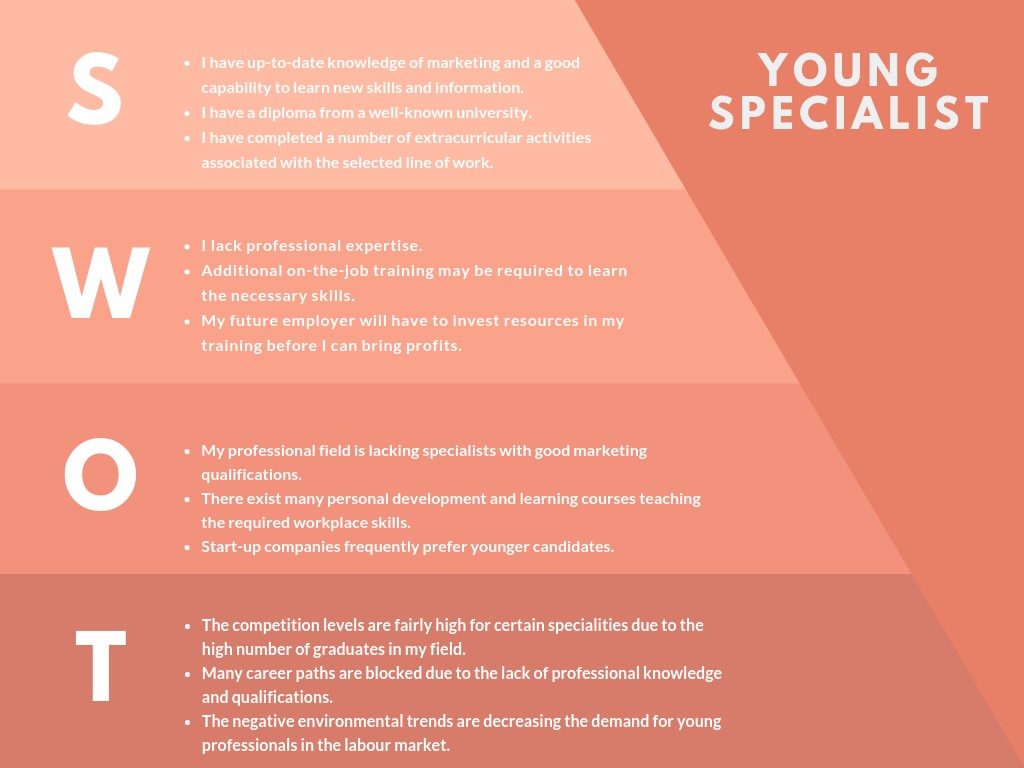Swot Analysis Personality Development
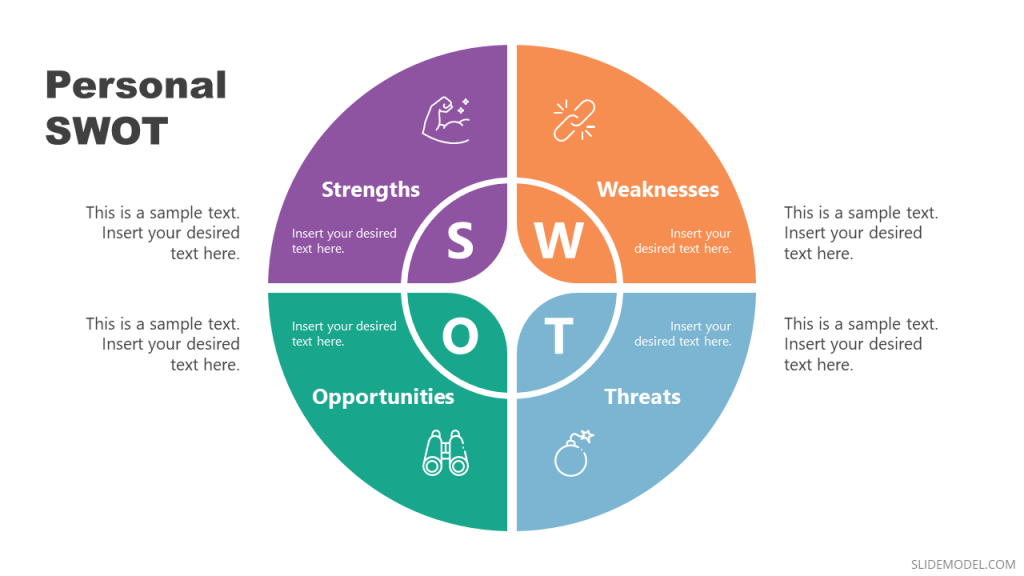
In an era defined by rapid technological advancements and evolving professional landscapes, the quest for personal and professional growth has never been more critical. Individuals are increasingly seeking structured methods to understand their strengths and weaknesses, aiming to enhance their capabilities and navigate the complexities of modern life. This pursuit has led to a renewed interest in established strategic tools, adapting them for personal development.
At the heart of this trend lies the application of the SWOT analysis, traditionally a business strategy framework, to the realm of personality development. This article delves into how the SWOT analysis is being repurposed to empower individuals to gain self-awareness, identify opportunities, and mitigate potential threats in their personal and professional lives. We examine the practical applications of this method, exploring its benefits, limitations, and potential for creating meaningful change.
Understanding SWOT Analysis for Personal Growth
Originally designed for business strategy, SWOT analysis involves evaluating an organization's Strengths, Weaknesses, Opportunities, and Threats. When applied to individuals, this framework encourages a detailed self-assessment, providing a structured approach to identifying areas for improvement and leveraging existing advantages.
The Strengths component focuses on identifying personal talents, skills, and positive attributes that provide a competitive edge. What are you good at? What makes you stand out? The answers to these questions form the foundation upon which further development can be built.
Weaknesses, conversely, address areas where an individual lags or faces challenges. Acknowledging these limitations is crucial for targeted improvement. This honesty can be challenging, but it's a critical step towards self-improvement.
Opportunities involve external factors that can be harnessed for personal or professional gain. This might include new technologies, emerging trends, or expanding social networks. Identifying and capitalizing on these chances is key to progress.
Finally, Threats represent potential obstacles that could hinder progress or undermine existing strengths. These could be anything from increased competition to economic downturns or personal challenges. Recognizing these threats allows for proactive planning and mitigation strategies.
Practical Applications and Benefits
The benefits of applying SWOT analysis to personality development are numerous. It provides a clear and concise framework for self-assessment, leading to greater self-awareness. This understanding is fundamental for making informed decisions about career paths, skill development, and personal relationships.
By identifying Strengths and Opportunities, individuals can create a roadmap for achieving their goals. This involves leveraging existing talents and exploring new avenues for growth.
Addressing Weaknesses and mitigating Threats enables proactive risk management. Individuals can develop strategies to overcome challenges and avoid potential pitfalls.
The structured nature of SWOT analysis promotes a more objective and analytical approach to personal development. This method moves away from subjective feelings and towards data-driven insights.
Limitations and Criticisms
Despite its benefits, the application of SWOT analysis to personality development is not without its limitations. Some critics argue that it can be overly simplistic, failing to capture the nuanced complexities of human behavior.
The subjective nature of self-assessment can lead to biases and inaccuracies. Individuals may overestimate their strengths or underestimate their weaknesses.
External factors identified as opportunities or threats can be difficult to predict or control. Unforeseen circumstances can render even the most well-crafted SWOT analysis obsolete.
Furthermore, the SWOT analysis is a static snapshot in time, failing to account for the dynamic nature of personal growth. Regular reassessments are necessary to maintain its relevance.
Expert Perspectives and Data
According to a 2023 study by the Society for Human Resource Management (SHRM), 78% of HR professionals believe that self-awareness is a crucial skill for career advancement. The SWOT analysis, when used effectively, can be a valuable tool for fostering this self-awareness.
Dr. Emily Carter, a leading psychologist specializing in personal development, emphasizes the importance of combining SWOT analysis with other self-assessment tools. “While SWOT analysis provides a useful framework, it should be complemented by other methods such as personality tests and feedback from trusted colleagues and mentors,” she stated.
Data from LinkedIn Learning reveals a significant increase in online courses related to self-awareness and strategic thinking. This indicates a growing demand for tools and techniques that can help individuals enhance their personal and professional capabilities.
Moving Forward: A Holistic Approach
The application of SWOT analysis to personality development represents a promising approach to self-improvement. By providing a structured framework for self-assessment, it empowers individuals to identify their strengths, address their weaknesses, capitalize on opportunities, and mitigate potential threats. However, it's crucial to recognize the limitations of this method and integrate it with other self-assessment tools and strategies.
A holistic approach to personal development, combining the analytical rigor of SWOT analysis with the insights of psychology and behavioral science, holds the greatest potential for creating meaningful and lasting change. This integrated approach allows individuals to not only understand themselves better, but also to develop the skills and strategies needed to thrive in an increasingly complex world.
As the demand for self-awareness and strategic thinking continues to grow, the adaptation of tools like SWOT analysis will likely become even more prevalent. The key to success lies in using it as a starting point for a deeper exploration of self, guided by a commitment to continuous learning and growth.
